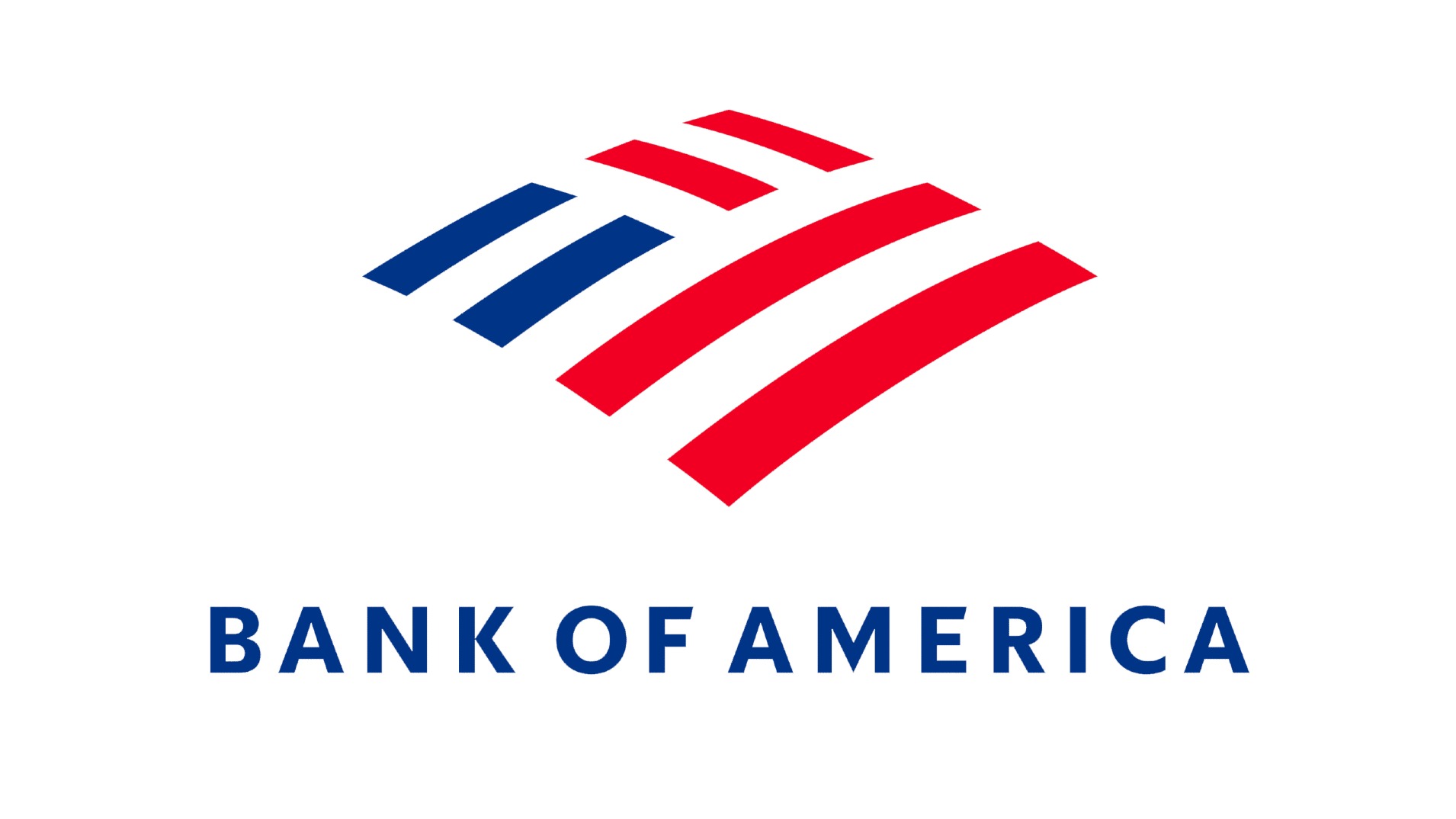The UK government has issued a new "strategic steer" to the Competition and Markets Authority (CMA), directing the competition watchdog to prioritise economic growth while maintaining effective competition and consumer protection.
Announced on Thursday, the strategic steer resets the CMA's priorities with a focus on minimising uncertainty for businesses by encouraging more proactive, transparent, timely and responsive regulatory engagement.
Business secretary Jonathan Reynolds said: "This government believes in promoting and protecting competition – that is fundamental to our growth mission and Britain's modern Industrial Strategy. Our economic regulators are crucial to creating the conditions for increased growth and investment. This steer sets out the government's priorities for the CMA."
The document forms part of the government's wider agenda to reform regulation to drive growth and investment. The Treasury-issued directive mentions "growth" at least 17 times, signalling that the government wants the regulator to avoid taking steps that could harm the economy.
Chancellor of the Exchequer Rachel Reeves said: "Competitive markets are more important than ever for attracting investment into the UK and driving economic growth, and our new Strategic Steer for the CMA will help us achieve these goals, making Britain the best country to do business."
The CMA has already set out plans to address these issues, announcing a new commitment to improving the pace, predictability, proportionality and process of their investigations.
Sarah Cardell, chief executive of the CMA, said: "The Strategic Steer reinforces the importance of a strong, independent competition and consumer protection regime, whilst situating this squarely in the context of the growth mission. The steer provides helpful clarity on how the CMA should prioritise and go about our work, promoting competition and protecting consumers with a sharp focus on supporting higher levels of investment and economic growth."
The CMA has been instructed to collaborate with interested parties to ensure growth and innovation benefits are prioritised, including supporting the government's AI opportunities action plan. It has also been told to act "as swiftly as possible" when investigating competition concerns.
This move follows the government's replacement of CMA chair Marcus Bokkerink in January, citing a "different approach" on economic growth, in what was widely seen as a signal of the seriousness of its agenda.
The government expects the CMA to clearly communicate how it is taking account of the steer and report on its application in practice in its annual report.
The watchdog is currently investigating the proposed £3.7 billion takeover of Direct Line by insurance giant Aviva, which could serve as a key test case for how it balances its new growth-focused mandate with its regulatory responsibilities.
Latest News
-
Gemini to cut quarter of workforce and exit UK, EU and Australia as crypto slump forces retrenchment
-
Bank ABC’s mobile-only ila bank migrates to core banking platform
-
Visa launches platform to accelerate small business growth in US
-
NatWest to expand Accelerator programme to 50,000 members in 2026
-
BBVA joins European stablecoin coalition
-
eToro partners with Amundi to launch equity portfolio with exposure to ‘megatrends’
Creating value together: Strategic partnerships in the age of GCCs
As Global Capability Centres reshape the financial services landscape, one question stands out: how do leading banks balance in-house innovation with strategic partnerships to drive real transformation?
Data trust in the AI era: Building customer confidence through responsible banking
In the second episode of FStech’s three-part video podcast series sponsored by HCLTech, Sudip Lahiri, Executive Vice President & Head of Financial Services for Europe & UKI at HCLTech examines the critical relationship between data trust, transparency, and responsible AI implementation in financial services.
Banking's GenAI evolution: Beyond the hype, building the future
In the first episode of a three-part video podcast series sponsored by HCLTech, Sudip Lahiri, Executive Vice President & Head of Financial Services for Europe & UKI at HCLTech explores how financial institutions can navigate the transformative potential of Generative AI while building lasting foundations for innovation.
Beyond compliance: Building unshakeable operational resilience in financial services
In today's rapidly evolving financial landscape, operational resilience has become a critical focus for institutions worldwide. As regulatory requirements grow more complex and cyber threats, particularly ransomware, become increasingly sophisticated, financial services providers must adapt and strengthen their defences. The intersection of compliance, technology, and security presents both challenges and opportunities.
© 2019 Perspective Publishing Privacy & Cookies














Recent Stories